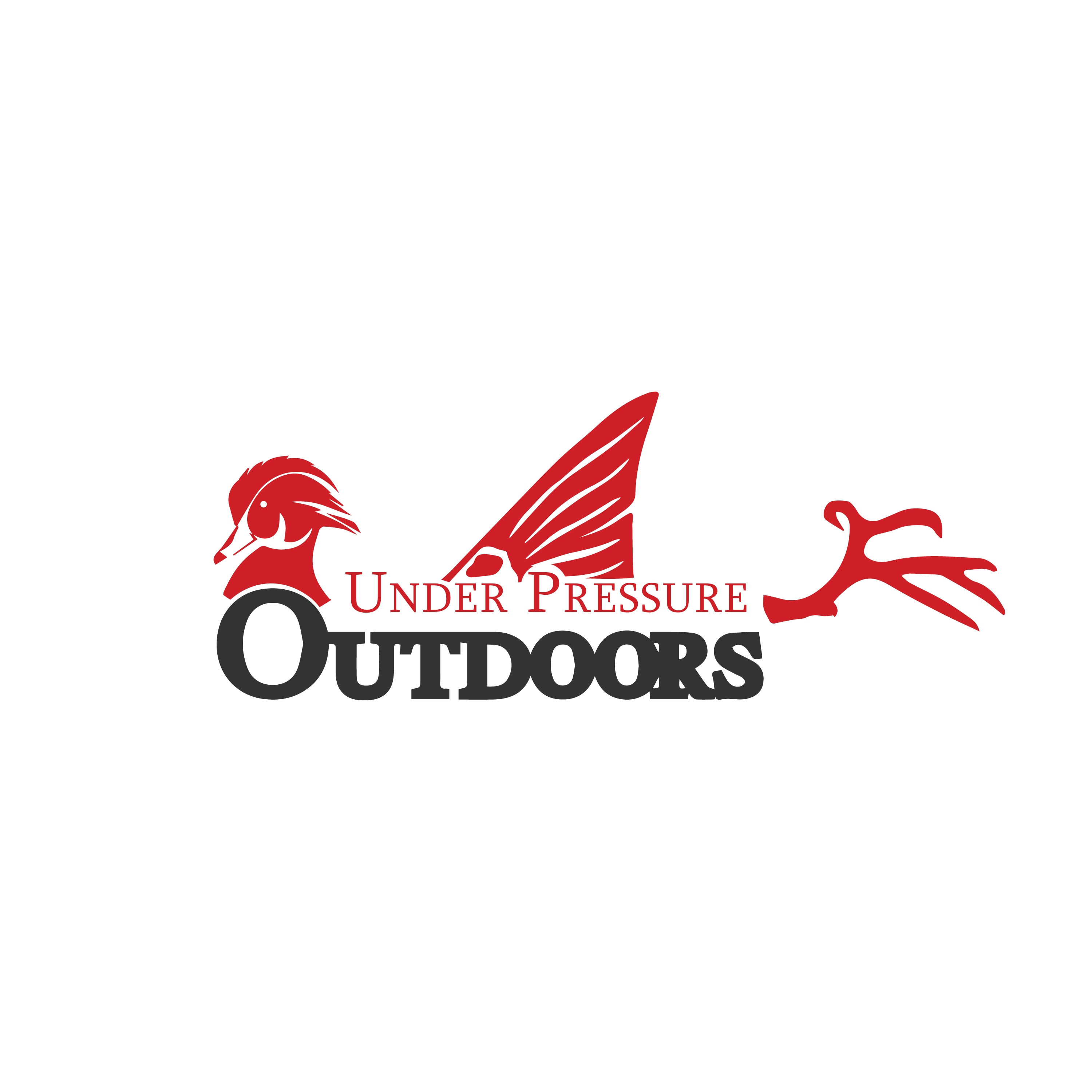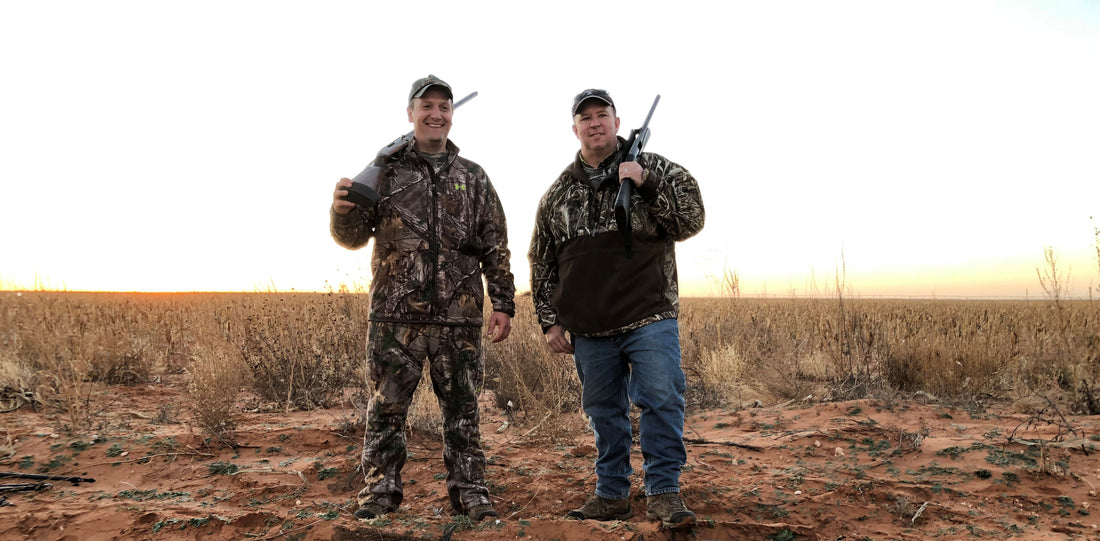
Recently, much ado has been made regarding hunting participation rates and the resulting economic impact on conservation efforts. Demographic changes, competing interests, and shifts in American culture have all contributed to a decline in hunting participation. Proponents of hunting are focusing their efforts to strategically increase participation through a national initiative referred to as “R3.” R3 (Recruitment, Retention and Reactivation) describes the process individuals and organizations use to engage with prospective hunters, active hunters and lapsed hunters.
The goals of R3 efforts are simple: Create new hunters and increase participation of active hunters. While the goals appear simple, a genuine R3 effort focuses on the needs of individuals and the process needed to ensure the adoption of and continued participation in hunting. It is an exercise in understanding the process people use to undertake an idea like hunting as socially acceptable, experiment with trials and then begin to self-identify as hunters. The journey from having an ‘awareness’ about hunting to becoming a sportsman or woman who will continue hunting without support is lengthy and requires a strong social support network.
This hunting adoption process is best described by the Outdoor Recreation Adoption Model based in over five decades of research documenting why and how certain activities or ideas are adopted by people and cultures.
The Recruitment phase of a hunter moves a person with an awareness of hunting as socially acceptable to internalizing interest, seeing hunting as achievable, and finally gaining the information to attempt a trial ‘first hunt’. Moving a prospective hunter to this point may only require an invitation, the loan of some gear, and accompaniment. Small game hunts are ideal as the time and financial commitment are modest while allowing for conversation, comradery and active instruction.
After their first hunt, hunters reach a critical part of the process: the decision to continue. At this point a hunter is very susceptible to lapse. Was the hunt enjoyable? Were they made to feel welcome? What equipment is needed? Where can they obtain information to continue? Often the answer to these questions has a lot to do with strength and willingness of a mentor to be patient, encourage participation and facilitate additional experience.
Once a hunter goes on a second outing, they’ve moved into R3’s Retention phase. During the early stages of retention, a hunter will continue with support. To keep the hunter engaged it’s important to provide motivation, flatten the learning curve in navigating regulations, equipment, access, etc. and encourage the person to form a network of other hunters. It’s important to realize this process takes months or even years depending on the opportunities available. If only focused on a single species like white tail deer, opportunity is relatively rare providing lengthy opportunity for interest to lapse. By inviting a hunter to pursue other species, days at the range, field to table dinners, and conservation efforts it helps to keep the person engaged while providing additional learning opportunities. As the hunter’s knowledge base grows, as their social circle expands and as opportunities for participation increase, they are more likely to self-identify as a hunter, become independent, and continue without support.
Nearly all hunters experience lapse. Work obligations, family responsibilities, economic changes or simply the onset of summer may cause a lull in interest. The Reactivation phase of R3 may succeed by making a call to a hunting friend as hunting season approaches or it may succeed after decades by taking the time to stir up positive memories during a conversation and extending an invitation.
Recently Gene Weldon, a hunter 70 years young, who’s been a fixture at Under Pressure Outdoors small game events and the Suwannee River Fishing Expedition agreed to share a few thoughts. Gene grew up hunting with his father and brothers with his most memorable experiences pursuing ducks around the Lake Kissimmee area; he fondly recalled “I can still remember the first wood duck I shot on Lake Garfield.” Like many, as the responsibilities of a career and a family took priority Gene drifted away from hunting. “I always loved hunting and fishing, but when I was home, family and yardwork came first.” When asked what rekindled his interest Gene explained, “It was the Suwannee River trip that started it.”
UPO hosts a five-day, 50-mile paddle trip down the historic Suwannee River. Gene and I were getting to know each other, the trip came up in conversation, and he expressed interest in going. Men ages 16 – 70 have made the trip in pursuit of bass, catfish, crappie and bluegill during which Gene has gotten to know several members of the UPO Nation, hear the stories told around the campfire, and see the comradery shared by sportsmen.
When asked what keeps Gene active, it’s comradery: “getting to know guys like Steve Christian and others has kept me around.” During the 2022-2023 hunting season UPO hosted several small game hunts targeting- squirrels, doves, and snipe on public wildlife management areas as well as trips to North Carolina, Georgia and Texas in pursuit of waterfowl. Gene is a regular attendee, often camping and sharing stories prior to the events.
Gene’s life is an example; he was exposed to hunting in his youth, received support and opportunity though his family, and then reactivated through an invitation, opportunity and friendships provided through UPO Nation's social network.
For more information about Under Pressure Outdoors events visit Upcoming Events – Under Pressure Outdoors (uponation.co)

